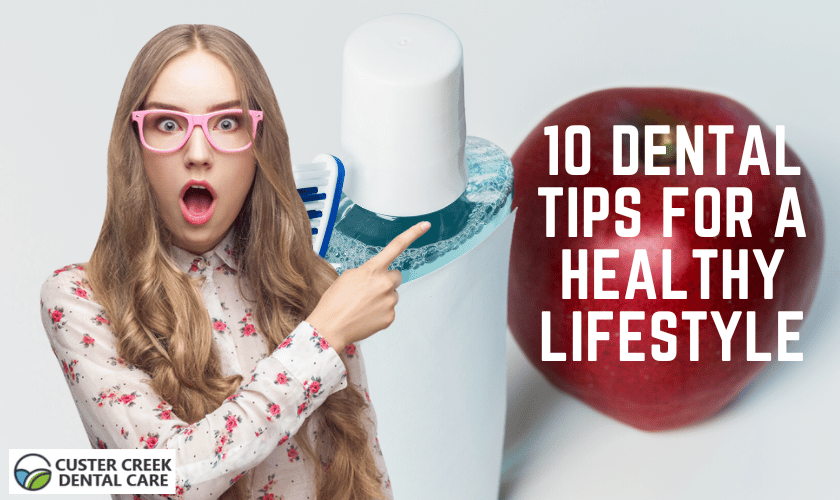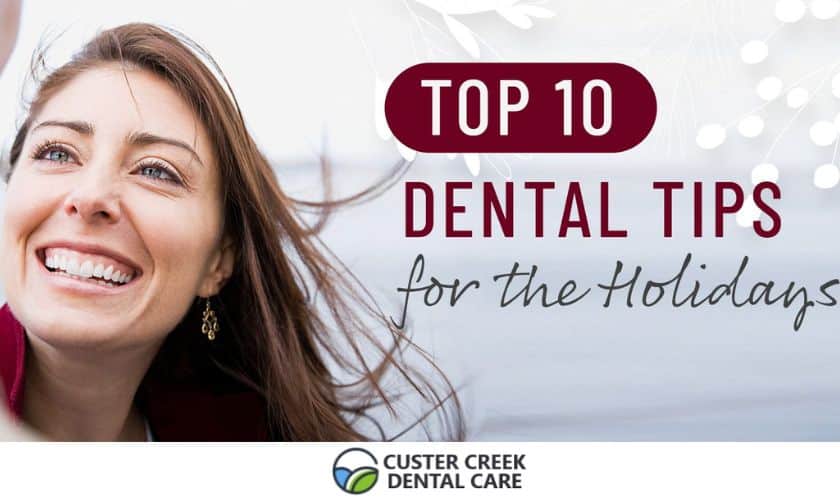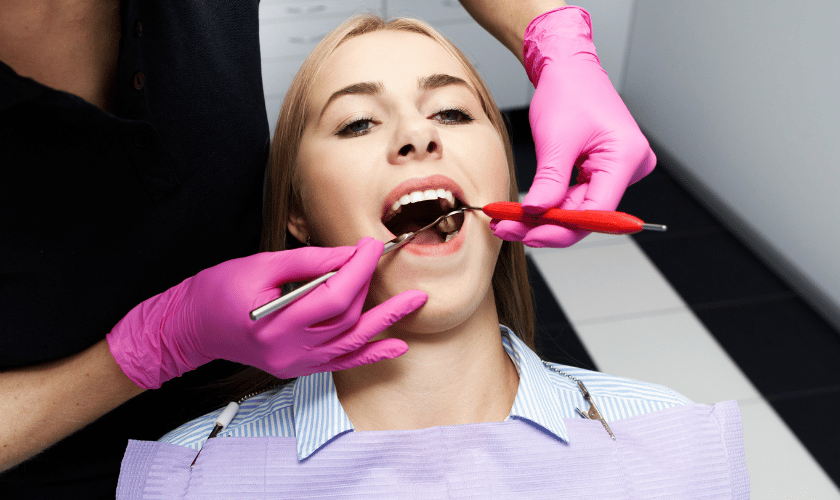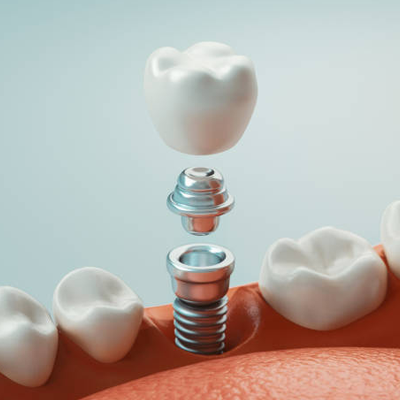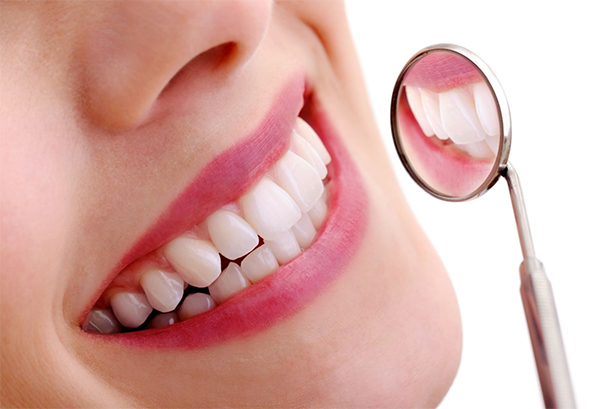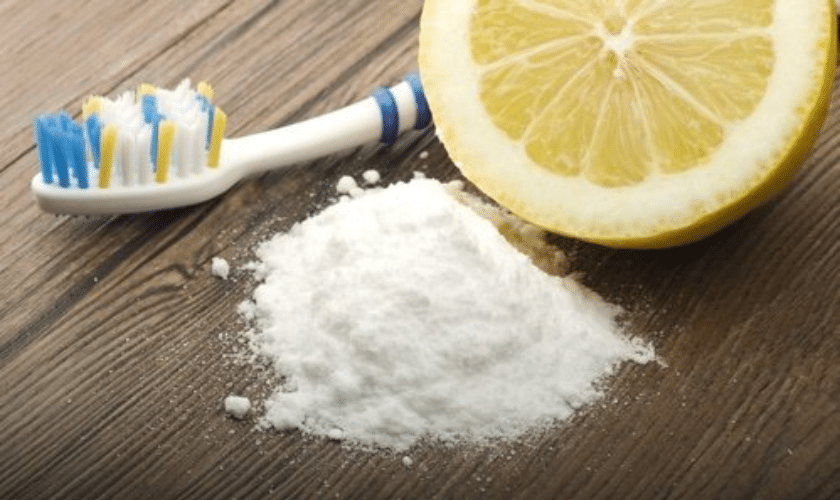
Brushing Teeth With Salt – Is It Good
For centuries, salt has been a staple in human civilization, not just for flavoring food but also for its perceived medicinal properties. Brushing teeth with salt is a practice that finds mention in ancient texts, and even today, some people swear by its effectiveness. But is there any merit to this age-old tradition? Should you be reaching for the salt shaker instead of your toothpaste next time you head to the bathroom?
This blog dives deep into the world of salt and oral hygiene, exploring the potential benefits and drawbacks of brushing teeth with salt. We’ll also explore some modern alternatives and what dentists recommend for a healthy, sparkling smile.
The Science Behind Salt and Oral Health
Salt, primarily sodium chloride, possesses some properties that might seem beneficial for oral health:
Mild Abrasive:
Salt granules have a gentle abrasive quality that can help remove surface stains from teeth. However, it’s important to note that unlike toothpaste, salt lacks the foaming agents that help disperse the abrasive particles and prevent them from scratching the enamel.
Antibacterial Properties:
Salt has natural antibacterial properties. While this might sound promising for fighting the bacteria that cause plaque and gingivitis, the effect is likely minimal compared to the ingredients found in modern toothpaste.
Soothing Relief:
A saltwater rinse can provide temporary relief for minor gum irritations or mouth sores due to its mild antiseptic properties. However, it’s not a long-term solution for gum disease.
Brushing Teeth with Salt: Weighing the Pros and Cons
While there might be some justifications for using salt in your oral care routine, it’s crucial to understand the potential downsides:
Enamel Erosion:
Regularly brushing teeth with plain salt can be abrasive and damage the enamel, the hard outer layer of your teeth. This erosion can lead to increased sensitivity and make your teeth more susceptible to decay.
Lack of Fluoride:
Modern toothpaste contains fluoride, a mineral scientifically proven to strengthen tooth enamel and prevent cavities. Salt offers no such protection.
Limited Cleaning Power:
Salt primarily removes surface stains and doesn’t effectively target plaque buildup or remove food particles lodged between teeth.
Unpleasant Taste:
Brushing teeth with plain salt can be a gritty and unpleasant experience.
Saltwater Rinse: A Better Option?
While brushing with plain salt might not be the best idea, a saltwater rinse can be a helpful addition to your oral care routine. Here’s how to make and use it:
- In a glass of warm water, stir in ½ teaspoon of table salt.
- Swish thoroughly for 30 seconds, ensuring the solution reaches all areas of your mouth.
- Spit and rinse with plain water.
Important Note: A saltwater rinse should not be a replacement for brushing your teeth or using mouthwash. It can be a soothing temporary measure for minor mouth discomfort.
Modern Alternatives to Brushing with Salt
There are several effective and safe ways to achieve a clean and healthy smile, some inspired by the natural world:
Fluoride Toothpaste:
When it comes to oral hygiene, brushing teeth with salt is not the gold standard. Instead, opt for a toothpaste bearing the American Dental Association (ADA) seal of approval. This ensures the toothpaste contains the essential ingredients needed for maintaining optimal oral health.
Baking Soda:
Baking soda offers a mild abrasive quality and can help remove surface stains. Look for toothpaste containing baking soda or consider a baking soda and water paste for occasional use (not as a daily routine).
Natural Toothpastes:
Many commercially available natural toothpastes use ingredients like xylitol, an alcohol that helps fight bacteria, and essential oils for a refreshing taste. Make sure these pastes still contain fluoride for complete protection.
Consulting a Dentist
Brushing your teeth twice a day with a fluoride toothpaste and flossing daily are the cornerstones of good oral hygiene. Regular dental checkups and cleanings are equally important for maintaining a healthy smile. If you have any concerns about your oral health or are interested in exploring natural alternatives, schedule an appointment with a dentist in McKinney. They are able to evaluate your particular needs and provide the best plan of action for you.
The Final Brush (pun intended)
While brushing teeth with salt has historical significance as an oral care remedy, modern science advocates more effective and safer solutions for maintaining dental health. It is recommended to use fluoride toothpaste for daily brushing and to use a saltwater rinse occasionally for temporary relief. Additionally, prioritize regular dental check-ups to ensure optimal oral hygiene. Remember, a healthy smile is essential not only for aesthetics but also for your overall well-being. Now, confidently conquer the world with a sparkling smile!


